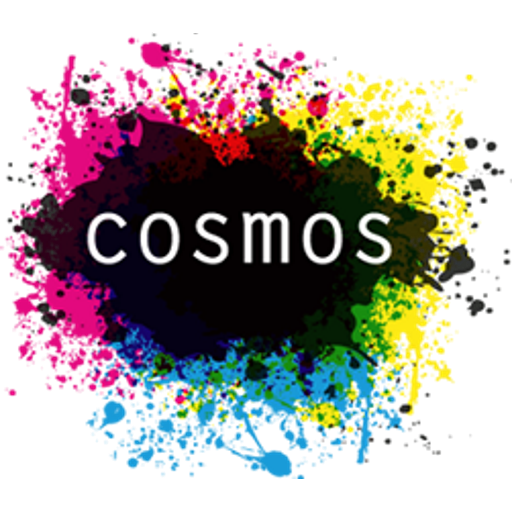
The chapter discusses popular music and cultural practices as vectors for the articulation of national populism in the contemporary Italian context. After examining the Multiple Opportunity Structures (MOS) within which the nexus between music and politics is located in the country, it explores the ways in which popular music functions as a medium for the mainstreaming of populism along several dimensions – institutional, political, cultural, and commercial. Basing on a socio -cultural conceptualization of populism and combining a micro-meso-and macro level of analysis, we show how populist messages are socially diffused, legitimised, and made popular within the country through popular music; how popular music that contains populist elements is received by individual voters, who constitute the potential electoral base for populist parties and how popular music and references are exploited by populist politicians in order to define their own political-cultural identity, whilst appealing to specific demographics. The conclusion summarises the findings and contextualises them by highlighting certain particularities of the Italian case, such as the relation with the national past, the legacy of protest music of the 70s, as well as the current opportunities for the populist appeal. To address the above mentioned issues, we use three different empirical approaches: musicological group analysis, sociological reception analysis via interviews and data mining for selected keywords on the web.
https://www.routledge.com/Popular-Music-and-the-Rise-of-Populism-in-Europe/Dunkel-Schiller/p/book/9781032275239Journal Article - 2025
Journal Article - 2023
Journal Article - 2023
Journal Article - 2023
Journal Article - 2023
Monograph - 2023
Monograph - 2022
Monograph - 2022
Journal Article - 2021
Journal Article - 2021